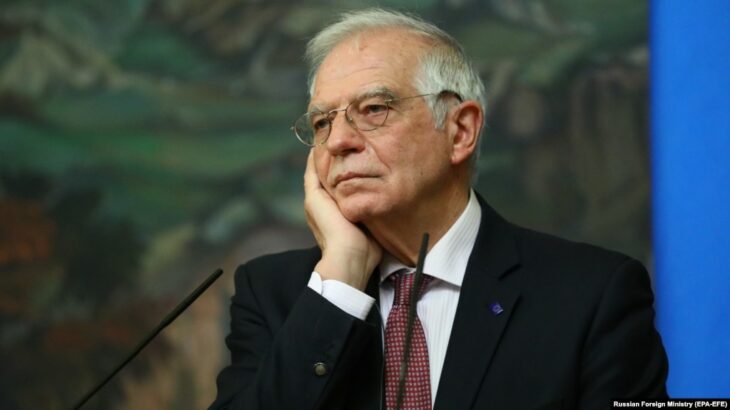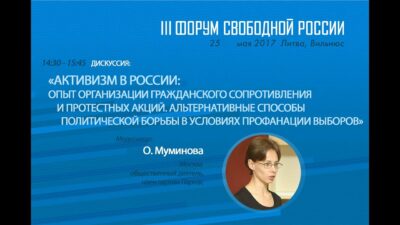
The European Union’s top diplomat, Josep Borrell, has said his visit to Moscow last week showed that Russia is heading down a “worrisome, authoritarian route,” and warned the Kremlin it could face new sanctions over the jailing of opposition leader Aleksei Navalny.
Speaking to the European Parliament to report on his trip to the Russian capital, Borrell said on February 9 that the Kremlin has no intention of developing constructive relations if human rights are part of the conversation.
“There seems to be almost no room for the development of democratic alternatives…[and] they are merciless in stifling any such attempts,” Borrell said after visiting Moscow from February 4-6.
“The current power structure in Russia, combining vested economic interests, military and political control, leave no opening for democratic rule of law,” he added.
Relations between Moscow and the EU have been sorely strained by Russia’s 2014 annexation of the Ukrainian region of Crimea and its support for separatist formations waging a war against Kyiv in parts of eastern Ukraine, the EU’s rejection of a disputed presidential election in Belarus and its criticism of a brutal crackdown by the government of strongman Alyaksandr Lukashenka, and other issues.
Most recently, the poisoning of Russian opposition leader Aleksei Navalny with a military-grade nerve agent, and his subsequent detention upon returning from Germany where he was being treated for the attack, has put relations between the 27-member bloc and Russia at a crossroads.
Borrell said Russia was trying to drive a wedge between some EU members and that while further policy steps may include new sanctions, the bloc must avoid permanent confrontation with Moscow.
“It will be for the member states to decide the next steps, but yes, this could include sanctions,” Borrell said, noting concrete proposals will likely be discussed at an EU foreign ministers’ meeting on February 22 and at an EU summit in March.
During Borrell’s talks with Russian Foreign Minister Sergei Lavrov, which Borrell described as heated, Moscow expelled three EU diplomats from Germany, Poland, and Sweden, prompting tit-for-tat expulsions by the three EU member countries.
Borrell said he only learned about the expulsions from Russia via social media during his visit, which included a news conference in which Lavrov chided the EU as “an unreliable partner.”





